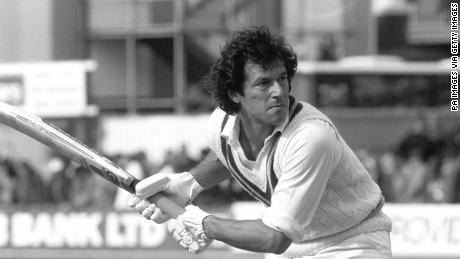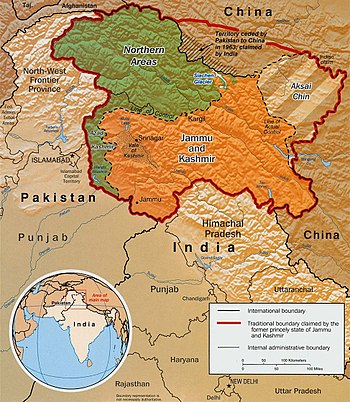So this is how they overtook #India! Cc @narendramodi @PMOIndia @AmitShah @BJP4India @ImranKhanPTI @PTIofficial https://t.co/oPdgLJdDSN— Paramendra Kumar Bhagat (@paramendra) September 18, 2019
Imran Khan becoming Prime Minister of Pakistan is like if Muhammad Ali had become President Of The United States. Imran Khan has been the most well known Pakistani in India for much of his adult life. That has not changed. Not only well known, but popular, loved. Give the game of cricket some credit. The game seems to do what politicians can't.
Imran Khan means well. The US would like to see democracy in Iraq, perhaps in Iran. It should start in Pakistan. Pakistan is still a democracy being built. Instead of giving tens of billions to the Pakistan Army, the US should fund the work of democracy.
Imran wants lasting peace. I don't understand why Modi could have talked to Nawaj Sharif but will not talk to Imran.
Imran is a well-educated, well-traveled man. He is East meets West. He has children who are growing up in London. He can talk as articulately about Islam as he can about democracy and economic growth, health and education.
Islam is much misunderstood. It serves the world to give Imran Khan more stages on which to speak.
I want Imran Khan to do for Pakistan what Nitish Kumar did for Bihar after he started in 2005. Bihar was a big mess in 2005 when Nitish Kumar became Chief Minister. Pakistan is a big mess today. I think Imran can get it done. He can put Pakistan on a path to double-digit growth rates. He has what it takes. Permanent peace between India and Pakistan is key to that equation.
Imran Khan: India's Last Hope For Lasting Peace https://t.co/SDvrxeb6BY @ImranKhanPTI @PTIofficial @SMQureshiPTI @ImranIsmailPTI @AliHZaidiPTI @MuradSaeedPTI @PTICPOfficial @PTIKPOfficial @PTISPOfficial @PTI #Pakistan #KashmirStillUnderCurfew #India— Paramendra Kumar Bhagat (@paramendra) September 18, 2019
Imran Khan: India's Last Hope For Lasting Peace @imSaminaAli https://t.co/SDvrxeb6BY
— Paramendra Kumar Bhagat (@paramendra) September 19, 2019
Imran Khan: India's Last Hope For Lasting Peace @amalthepoet https://t.co/SDvrxeb6BY
— Paramendra Kumar Bhagat (@paramendra) September 19, 2019
Five Husbands https://t.co/SDvrxeb6BY @khaddixmckay @kimber_mckay
— Paramendra Kumar Bhagat (@paramendra) September 19, 2019
Imran Khan: India's Last Hope For Lasting Peace @Samah_Safi https://t.co/SDvrxeb6BY
— Paramendra Kumar Bhagat (@paramendra) September 20, 2019
Imran Khan: India's Last Hope For Lasting Peace @karimabennoune https://t.co/SDvrxeb6BY
— Paramendra Kumar Bhagat (@paramendra) September 20, 2019



.jpg)
